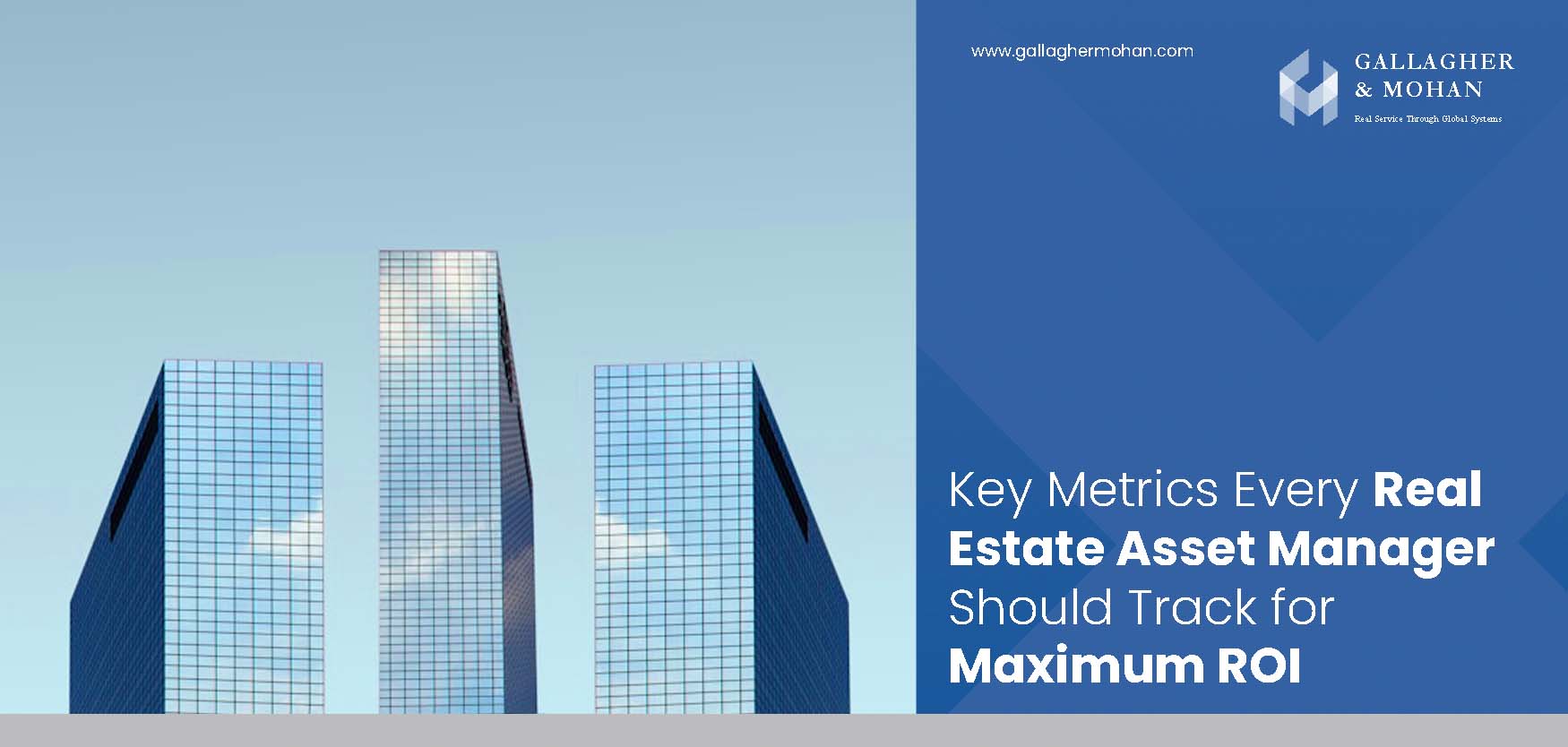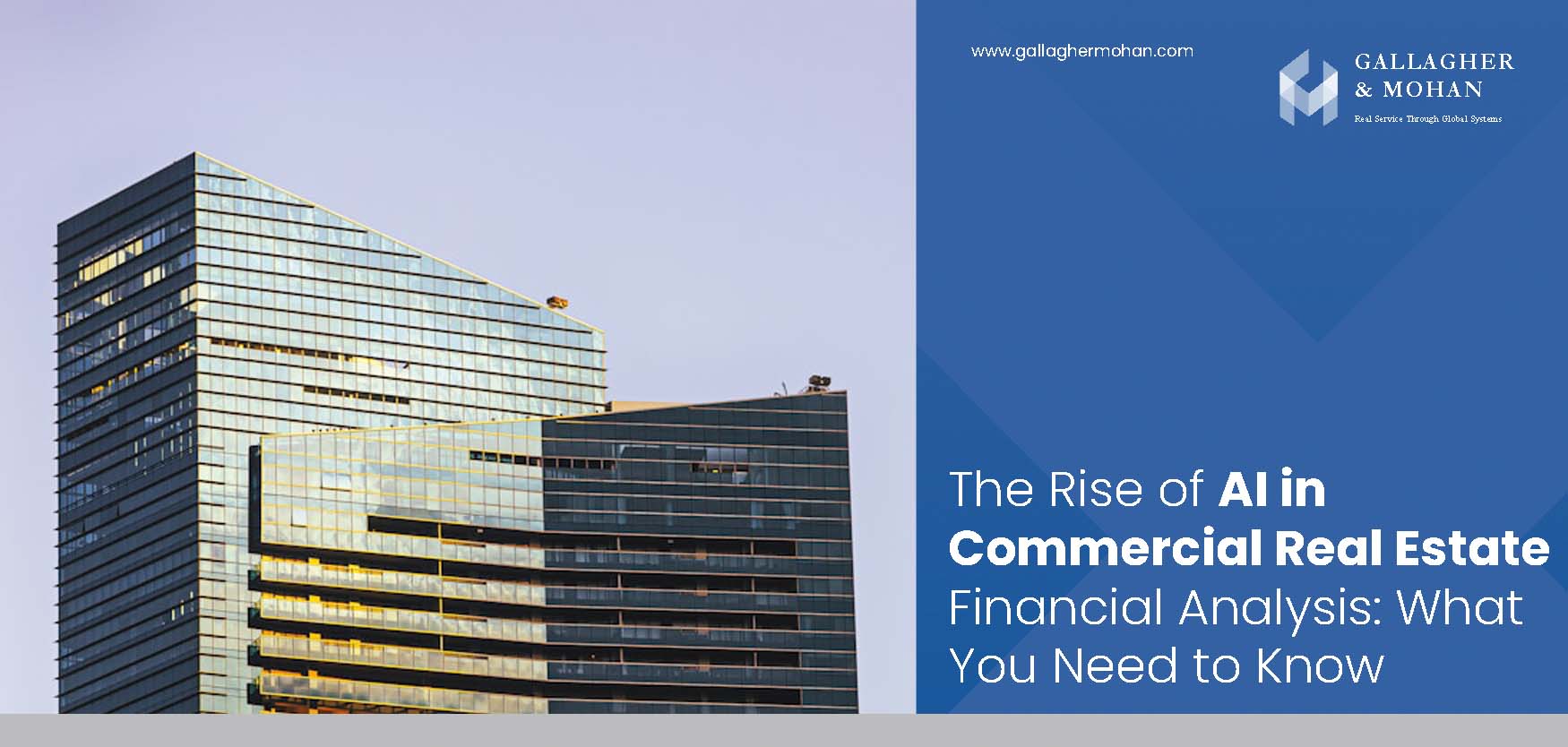26 December 2024
Effective Budgeting Tips for Multifamily Property Owners: A Key to Successful Real Estate Asset Management
Budgeting is the foundation of successful property management for multifamily property owners. A well-structured budget ensures efficient operations, maximizes profitability, and supports long-term growth. For multifamily property owners, proper budgeting is crucial for maintaining property value, managing cash flow, and making strategic decisions for future investments. In this blog, we’ll explore essential budgeting tips that will not only help you manage your properties better but also enhance your real estate asset management services.
Why Budgeting Matters for Multifamily Property Owners
Effective budgeting goes beyond tracking income and expenses—it’s about making strategic decisions that impact the profitability and sustainability of your multifamily property. As a property owner, you’re managing multiple units, each with its own set of needs. A comprehensive budget allows you to balance these factors while planning for operational efficiency and future growth.
Key Benefits of Proper Budgeting for Multifamily Properties
- Financial Clarity: A well-organized budget helps you clearly identify your income sources and expenses, ensuring you have a transparent financial outlook.
- Better Cash Flow Management: Forecasting income and expenses allows you to anticipate fluctuations in cash flow, ensuring you’re always prepared.
- Improved Property Maintenance: Allocating funds for routine maintenance ensures that your properties stay in top shape, improving tenant satisfaction and property value.
- Long-Term Planning: A strategic budget allows you to plan for capital improvements, future investments, and property expansion.
- Compliance: With a proper budget, you can ensure that sufficient funds are allocated for taxes, insurance, and regulatory obligations.
Key Elements of a Multifamily Property Budget
To create a comprehensive budget for your multifamily property, you need to account for several key elements. These components are critical for managing your finances and ensuring long-term success.
- Operating Income
This includes rental income, parking fees, laundry revenue, and any other ancillary income sources. Accurately forecast potential income from all units to avoid budget shortfalls.
- Operating Costs
These are the day-to-day expenses necessary to run the property, including:
- Utilities (electricity, water, gas)
- Maintenance and repairs
- Property management fees
- Insurance premiums
- Property taxes
- Capital Expenditures (CapEx)
CapEx refers to major improvements or upgrades, such as replacing roofs or updating HVAC systems. Plan for these large expenses by creating a reserve fund.
- Reserves for Unforeseen Costs
Unexpected repairs or emergencies can disrupt your budget. Set aside a contingency fund to cover these costs and avoid operational disruptions.
- Debt Service
Ensure your budget accounts for mortgage payments, including both interest and principal repayment.
- Vacancy and Collection Losses
It’s important to budget for potential vacancy and rent collection losses. A common recommendation is to allocate 5-10% for these losses.
Effective Budgeting for Multifamily Property Owners
- Review Historical Data
Analyze your past financial records to identify trends in income and expenses. This data will help you forecast future performance and plan for seasonal fluctuations or recurring costs.
- Emphasize Preventive Maintenance
Preventive maintenance saves money in the long term. Allocate funds for regular inspections and scheduled repairs to avoid expensive emergency fixes later on.
- Track Key Performance Indicators (KPIs)
Monitor your property’s performance using KPIs such as Net Operating Income (NOI), cash flow, and occupancy rates. These metrics will help you identify any budget variances and take corrective action.
- Account for Inflation
Inflation impacts costs such as utilities, labor, and materials. Include a 2-3% annual inflation increase in your budget to ensure your financial plan remains realistic.
- Plan for Capital Expenditures
Treat major upgrades as planned expenses, not surprises. Create a dedicated CapEx reserve fund to cover these costs.
- Include Vacancy Assumptions
Vacancies are inevitable. Include realistic vacancy rates based on local market conditions to avoid overestimating rental income.
- Leverage Technology
Property management software can automate many budgeting tasks, such as rent collection, expense tracking, and financial reporting. Tools like Yardi, AppFolio, and Buildium can simplify the budgeting process, ensuring more accurate financial tracking.
- Establish a Reserve Fund
Set aside 3-6 months of operating expenses in a reserve fund to cover emergency repairs or unexpected legal fees.
- Regularly Monitor Your Budget
A budget is a living document that should be reviewed frequently. Schedule quarterly reviews to identify discrepancies and adjust accordingly.
- Collaborate with Experts
Partner with property managers, accountants, or financial advisors to review your budget. Their expertise can help you optimize spending and maximize income, ensuring long-term profitability.
Common Budgeting Mistakes to Avoid
While budgeting is essential, avoiding common pitfalls is equally important:
- Overlooking Small Costs: Small expenses like landscaping or office supplies add up. Include them in your budget to ensure comprehensive financial planning.
- Underestimating Maintenance Costs: Neglecting maintenance can lead to higher repair costs later. Always allocate sufficient funds for regular upkeep.
- Ignoring Market Trends: Market conditions, including rent levels and vacancy rates, directly impact your revenue. Always factor in current market trends when creating your budget.
- Not Accounting for Depreciation: Depreciation affects property value and tax obligations. Make sure to include it in your budget for a more accurate financial picture.
Real Estate Asset Management Services: Budgeting Success
Case Study: A 50-Unit Multifamily Property
Challenge: A property owner struggled with constant repairs and fluctuating occupancy levels, making it difficult to maintain consistent cash flow.
Solution:
- Implemented property management software to streamline income and expense tracking.
- Established a CapEx reserve fund for planned property upgrades.
- Conducted quarterly budget reviews to address any variances.
- Worked with a property manager to reduce vacancy rates and enhance tenant retention.
Results:
- Operating expenses reduced by 15%.
- Net Operating Income (NOI) increased by 20%.
- Built a reserve fund equivalent to 6 months of operating expenses.
The Role of Technology in Budgeting
Technology plays a pivotal role in streamlining budgeting processes for multifamily properties. Automated tools offer numerous benefits:
- Automation: Reduce manual errors in tracking expenses and rent collections.
- Data Insights: Use real-time reporting to make informed financial decisions.
- Efficiency: Optimize invoice management, lease tracking, and utility monitoring.
For example, using smart technology to monitor energy consumption can significantly reduce utility costs.
Conclusion: Mastering Budgeting for Multifamily Property Owners
Budgeting is a powerful tool for multifamily property owners, ensuring smooth operations and financial growth. By leveraging historical data, emphasizing preventive maintenance, and adopting technology, you can create a dynamic and effective budget. Incorporating expert advice and regularly reviewing your budget further enhances its effectiveness.
By applying these strategies, multifamily property owners can improve their financial management, ensure sustainable growth, and maximize the potential of their real estate assets. Start implementing these budgeting tips today and unlock the full potential of your property investments.
Ready to optimize your real estate portfolio? Our Real Estate Asset Management services offer tailored strategies that ensure the profitability and long-term success of your investments. Whether you're a property owner, investor, or developer, our team of experts is here to help you maximize asset value and navigate the complexities of the real estate market.
Contact us today to learn how we can support your financial goals and enhance the performance of your real estate assets!



